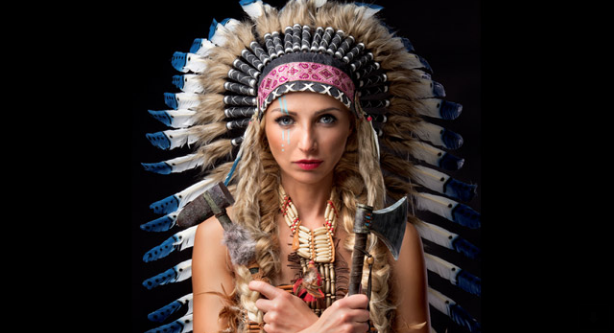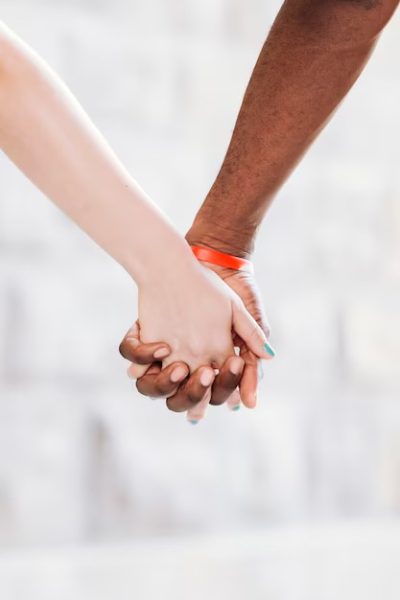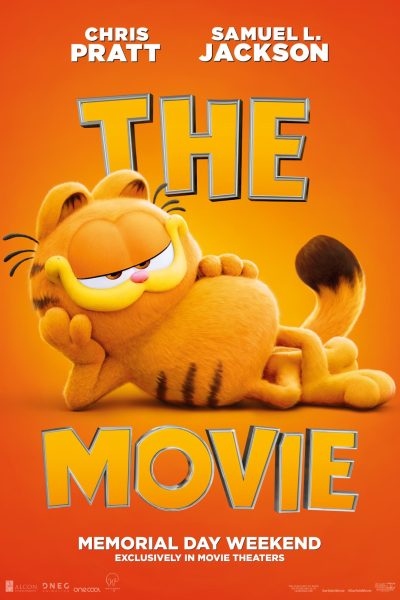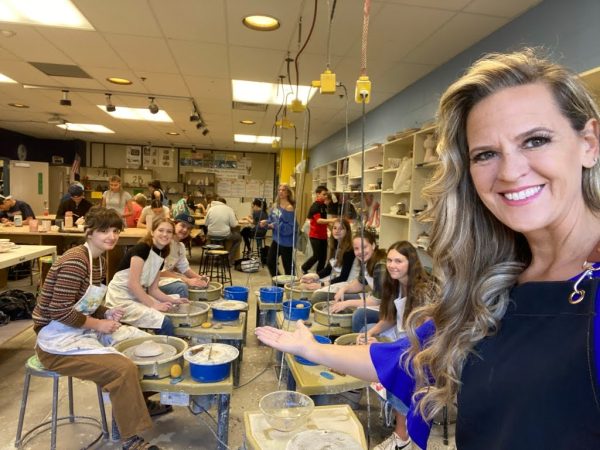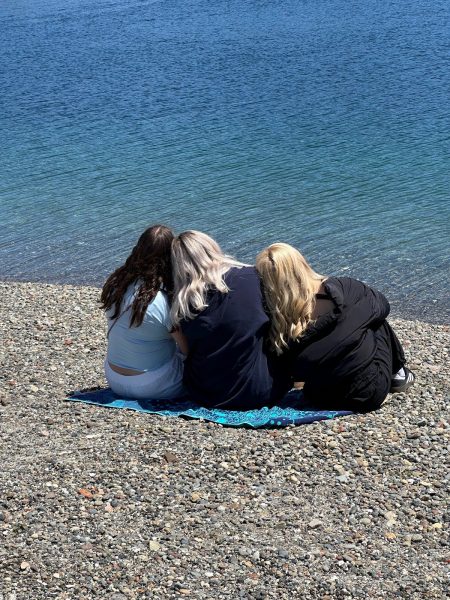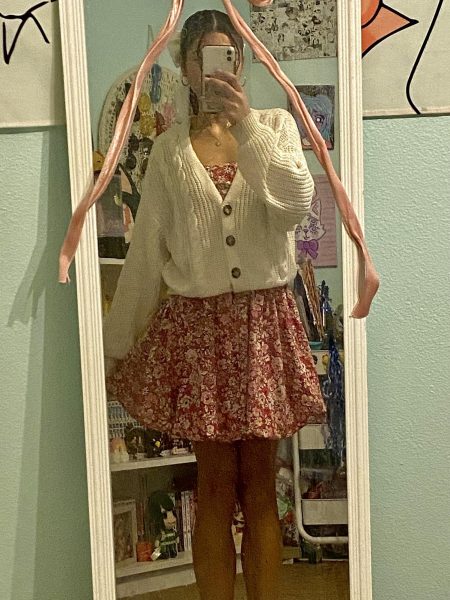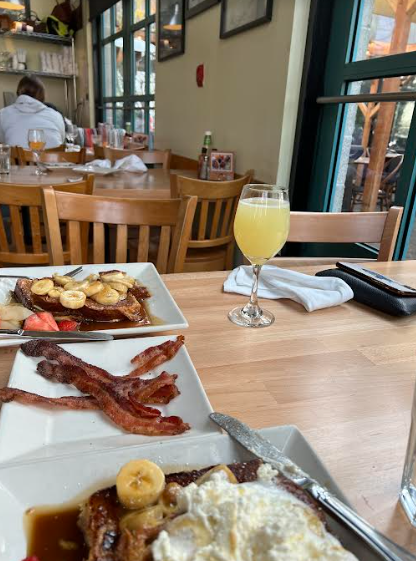Halloween Costumes: Cultural Appropriation?
Culture appropriation has sparked some heated arguments on the risks of dressing up as another group’s culture for Halloween, such as the “sexy squaw.” Image from Uproxx, uproxx.com/life/halloween-appropriation/.
Halloween. A spooky day on which the annual tradition is for children to dress up as monsters, witches, and all their favorite fictional characters. Even teens and adults get in the spirit, and disguise themselves in costume. On Halloween, you can be absolutely anyone or anything. Or can you?
Recently, arguments have been on the rise about the insensitivity of costumes that may be offensive to the origins of costume ideas. For example, the “sexy squaw” or the Polynesian princess costume based on the Disney movie, Moana, ignite some controversial arguments.
One argument brings up the lack of accuracy of the designs in the costume, as opposed to the actual, real world cultures. The design on Native American tribal clothing has been grossly generalized over the years, and to many is seen as disrespectful of the culture and meaning of the various aspects of the traditional Native American clothing. Costumes such as the “sexy squaw,” come with a generalized Native American headdress, an award of honor, and a sort of uniform that chiefs and leaders supposedly wear. However, in some tribes, they are not even used. Not to mention, many others point out how the elements that supposedly make a costume “sexy,” (more skin exposure than is appropriate) eliminates all respective cultural aspects of the costume and transforms it to be nothing short of offensive.
Similarly, and perhaps a more recent example, the Moana costume has also sparked some arguments. The traditions of hundreds of different pacific islander tribes and nations are very generalized, and the falsifying of skin color in order to match the specific race, also known as “blackfacing”, a universally accepted frowned-upon practice, is seen by many is taking it too far. Temporary tattoos are similar to the Native American headdresses; they are given to those who have earned them, and they are designed to recount their great feats and successes in specific members lives. Although granted that there are historical accuracies in the designs of the clothing and the tattoos of halloween costumes, that does not mean that they are universally true and accepted by the descendants of the people being mimicked.
Another thing is the fact that the costumes are easily classified for certain body types. There are hundreds upon thousands of costumes that are visibly designed for those lucky to be in good physical and visually appealing condition. These are obviously not viewed well by those who are overweight, have physical disabilities, or are races other than that of the original character. The simple lack of the number of variations upon the designs of different costumes for those of different physical and cultural ancestry are easy targets for attack, though it would be massively more costly for the factories to be producing a good few hundred, likely more, different variations upon each individual costume out their. So the singular design in the costumes with only basic size variation is understandable.
Regardless of how you view the various costumes seen on Halloween throughout the years, you are free to wear what you want, provided of course it isn’t something so obviously frowned upon that it would cause physical issues. Whether you’re opinion is positive or negative on someone else’s choice of costume, we must also consider who the opinion is coming from. If you are not someone who is directly affiliated to a particular group of people who could potentially be offended by the take on a costume, it isn’t really your place to begin making comments. The only people who can really bring up these arguments, are those who are directly involved. Who knows, as modern as our current world is, Native Americans may not even take offense at all to the “sexy squaw,” or any other variations of the costume reflecting their culture.

My name is Luke Sturgis and I’m a junior. I am originally from Arizona, but moved to North Carolina, and then I moved here 12 years ago. I am a tuba...


